

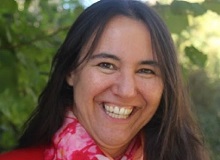
Green parties gained much support in the recent local elections. To face the coming environmental crisis, “Christians will need a better grasp of the big picture of creation, fall and redemption”, says Rachel Calvert of A Rocha France.

In an interview, team members of the evangelical magazine ‘Ultimato’ analyse the burning issues of the largest country of South America. “The organic approach to church during confinement could change our ecclesiology”.
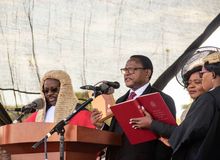
Malawi will have a government led by the former president of Assemblies of God. “We are excited to have a respected man of God as the head of state”, says Christian leader Matilda Matabwa.
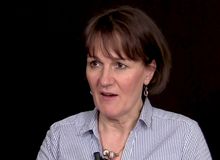
Christian counsellor, Emoke Tapolyai, warns about “the culture that feeds young people with the lie of `you can have it all´”, and analyses how to help them cope with the anxiety that it brings.

‘Out’ is Disney Pixar’s first film with a homosexual couple in the main role. Margunn S. Dahle, a researcher in media, children and worldviews, gives answers to questions that many parents may ask.

Roxana Stanciu (CARE) analyses hate speech and how can Christians respond to it. “Christians should be ready to be offended and to engage in meaningful conversations”.
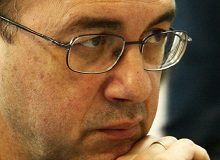
X. Manuel Suárez believes evangelical Christians should foster dialogues about how different national identities in Europe can enrich each other. An interview with the Secretary General of the Spanish Evangelical Alliance.
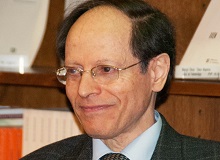
An interview with psychiatrist Pablo Martinez. “Farewell is the natural gateway to mourning”, he says. “Being deprived of this option is an obstacle that complicates the subsequent process”.
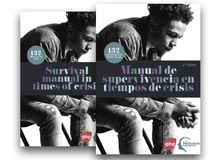
The document by Spanish Christian psychologists was first translated into English, and now into Russian, Slovak, and other languages. “We want it to continue spreading for good, either for this crisis or for any future crisis”.

An evangelical doctor working in Spain with Covid-19 patients shares his experience. “I am not a hero, I know I can get the virus and die. But I am sure that whatever happens, the Lord is with me”.

Guitarist Brian 'Head' Welch spoke to Evangelical Focus about his life as a Christian in the context of rock music and the documentary "Loud Krazy Love".

Brian ‘Head’ Welch spoke to Evangelical Focus about his life after a dramatic conversion 15 years ago. The rock guitarist says faith makes a difference in times of coronavirus. “Everything is so fragile in the world, I don’t know how people do it without a strong connection with God”.

Kay Carter, Director of communications at Tyndale House, analyses how Christian scholars can engage with society to communicate the message of the gospel.

The coronavirus crisis in Europe is “driving a public debate about privacy, ethics and public health, and what measures are appropriate (or not) to protect it”, says Patricia Shaw of the Homo Responsibilis Initiative.

Jonathan Ebsworth of the TechHuman initiative warns that some technologies being used in Europe are “approaching a level of quasi-omniscience that no human enterprise ought to have”.

The last decade has seen a worsening of the working conditions which affect “family relationships”, says Jonathan Tame. The near future will probably be shaped by the ‘gig economy’ and the re-balancing of global capitalism.

Missiologist Jim Memory looks at the crises and opportunities Europeans have faced in the last decade.

Jim Memory analyses the main issues that have changed Europe in the 2010-2019 decade. How should Christians live in a continent that has lost its soul?

“Prayer is like a fire. One spark that someone prays should ignite a passion in someone else”. Mike Betts leads the network of churches Relational Mission.

Spanish psychiatrist and author, Pablo Martínez, analyses how individualism, existential emptiness and intolerance to suffering, have become some of the main charasteristics of our society.

Journalist and theologian José de Segovia reflects on the evolution of culture in the last decade, how it has affected evangelical Christians, and what new challenges they face.

Peruvian theologian Samuel Escobar analyses the decade from a missionary perspective: the changes in Christianity, the role of migration in evangelism, and the work for justice.

Terry English, of youth ministry Josiah Venture, says discipling young people is “walking alongside them, helping them understand that their faith is about a relationship with Christ”.

Theologian José Hutter addresses the challenges evangelical churches have faced in the last decade, including same-sex marriage and the split between Western historic churches and the Christian majority in Africa and Latin America.

Spanish writer Jaime Fernández launches ‘Without limits’, a devotional book that invites readers on a daily trip to meet the God of the Bible through sports stories.

Las opiniones vertidas por nuestros colaboradores se realizan a nivel personal, pudiendo coincidir o no con la postura de la dirección de Protestante Digital.